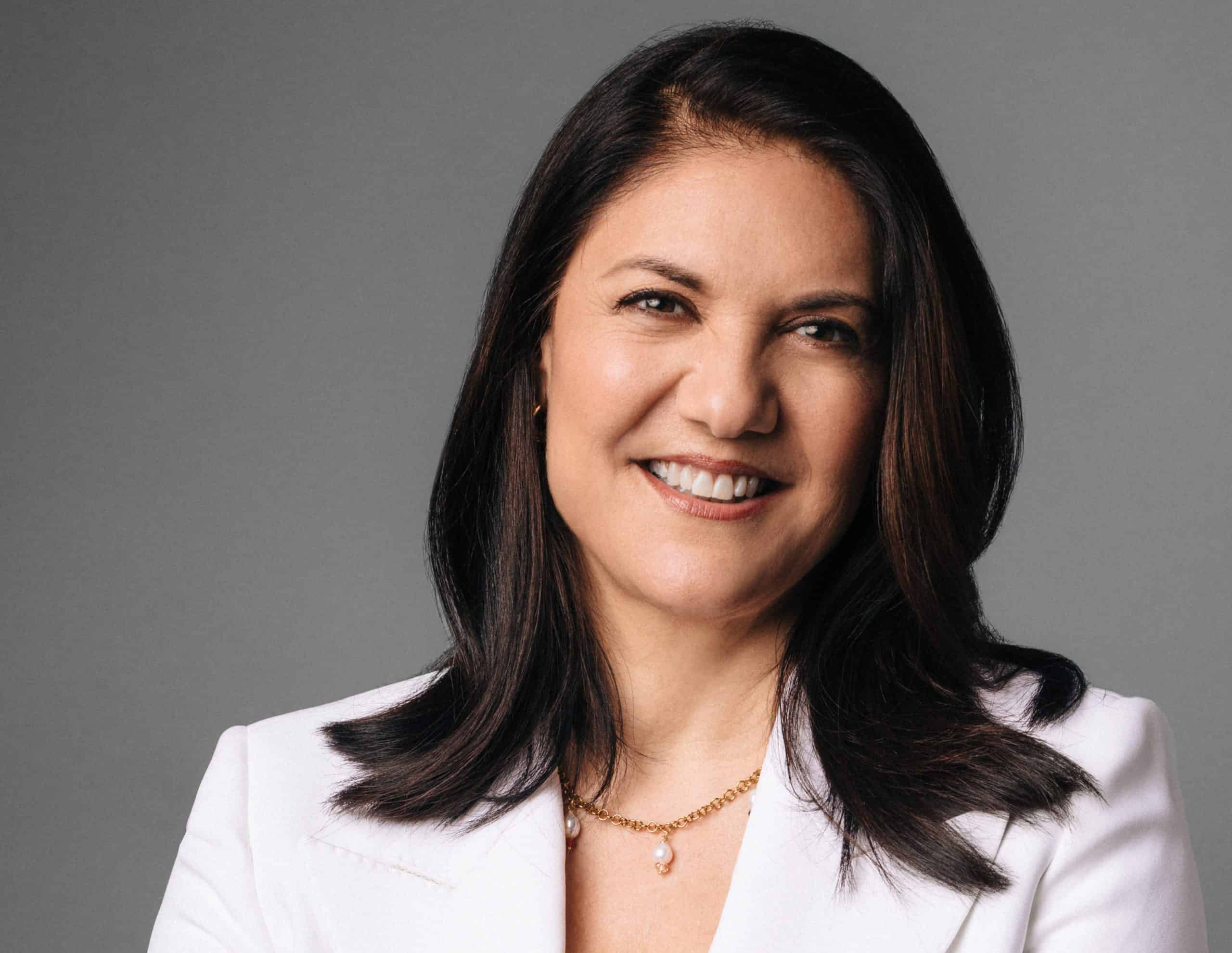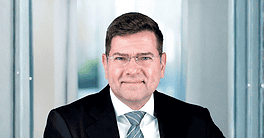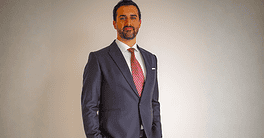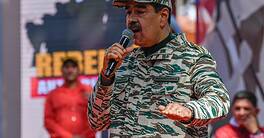Mary Ellen Iskenderian, president and CEO of Women’s World Banking, speaks to Global Finance about expanding financial inclusion of women, especially in emerging markets.

Global Finance: Please give us an overview of your organization.
Mary Ellen Iskenderian: We started 42 years ago as a nonprofit providing strategic support to microfinance institutions in emerging markets. We now also work with fintechs, insurance companies and mainstream banks. We have three main pillars of activity. First, we liaise with financial services providers and with policy advocacy and advisory services to reach the disadvantaged female population. The second pillar is leadership and diversity training. We cooperate with central banks, insurance commissioners and ministries of finance, training regulators and policy makers on the gender gap issue. The third is impact investing. In 2012 we launched a $50 million gender lens fund, and we are now putting together a second fund for $75 million.
GF: Who provides your funding?
Iskenderian: There are 56 institutions in 31 countries supporting us. Our investment activities are for profit, but everything else is done as an NGO; so, we are donor funded. We have core funders like the Visa Foundation and the governments of Australia and Sweden. Many are fintechs, crucial to reaching the underserved population. Some are large banking organizations, like Bank of Baroda, one of the largest state-owned banks in India.
GF: How are corporates involved with your organization?
Iskenderian: We collaborate with corporates in fast-moving consumer goods, retail and agribusiness. Through their supply chains, corporates could make a tremendous difference in the lives of women entrepreneurs. Thankfully, some corporates are very supportive of women-owned businesses.
GF: Are the issues similar in emerging and developed markets?
Iskenderian: Yes, financial inclusion is far more than just having a bank account. In the USA, the wealth gap is much greater than the salary gap; and it’s very often driven by home ownership. Women are far less likely to own a home—and if they do, it was bought at worse terms. The situation around retirement savings is even more worrying. Women over 60 are the fastest growing demographic segment falling into poverty. Women live longer, and they earn less than men throughout their life; so they usually have less consistent savings than men.
GF: How do you choose projects and countries to invest in?
Iskenderian: We recently identified six priority markets where there are many women and a significant gender gap: Indonesia, India, Bangladesh, Mexico, Nigeria and Egypt. We are trying to reach 100 million women with financial products or services. Nearly 1 billion women in the world have no access to financial services, and most of them are farmers. There is a very strong correlation with being low income, being more rural and being a woman. Hopefully, digital access will help eradicate the issue. The silver lining of the pandemic is that technology has moved so many people into financial inclusion. We had already started to see more women on social commerce platforms, but the reach now is significantly broader. A growing number of agricultural supply chains are currently paying farmers digitally, which is great news.
GF: How do you measure progress?
Iskenderian: We analyze the changes in women’s lives during our program. Our goal is partly to get money into women’s hands, but there must also also be an empowerment element. If women start to get control of how their money is spent, how much bargaining power they have, how well anybody in the family is eating and whether the girls are in school at the end of the program—that, for us, is progress.



